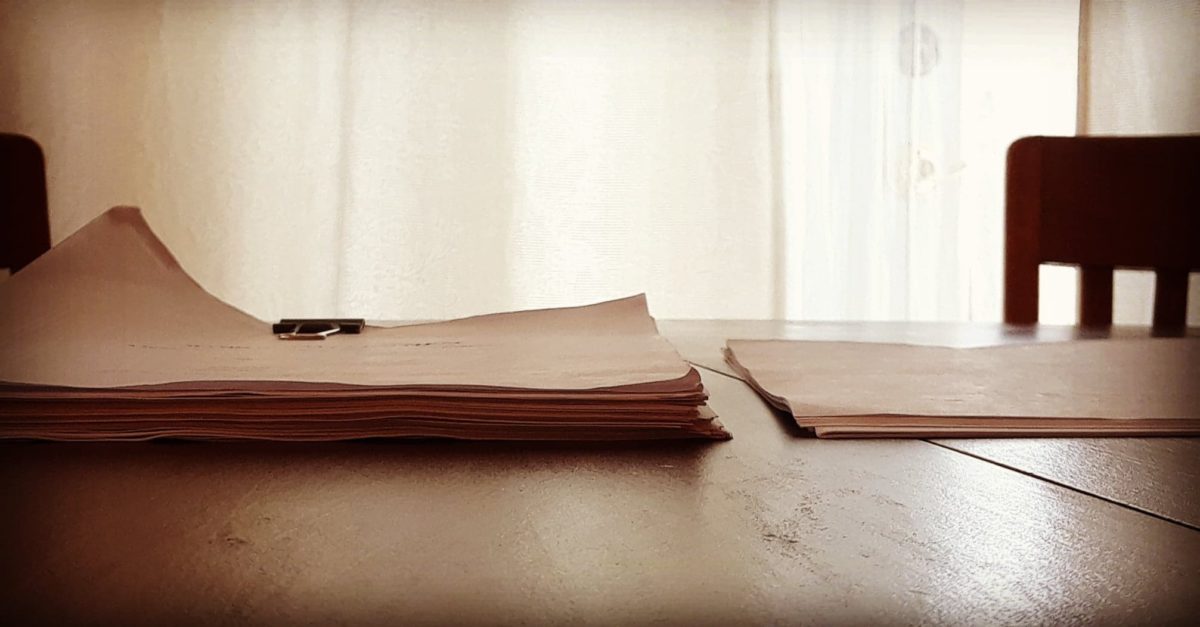This summer I’ve been fecklessly plodding along with my French language study. My multi-pronged strategy includes learning a poem now and again, and last week I happened across a disturbing little ditty by Jules Supervielle, “Dans La Forêt Sans Heures.” Jules, bless him, is encouraging the birds to seek their nests in the vertical void where a tree has been cut down, for as long as the memory trembles. Or such like.
Well, that just cut a little close to the bone. (No pun intended. Jeez.) My back garden is still in recovery from the side sewer disaster three years ago. Those vertical spaces that are now empty sky do still evoke for me a sense of this isn’t right. But, then, I’m more aware of the light in late summer, when the garden is drying up and the sun is already low in the sky. Not a huge fan of this particular liminal time, summer-ish and not-quite-fall.
Last summer I was thrilled with the garden recovery and my new-to-me greenhouse. I was also adjusting to the news from my darling hematologist that I would need anticoagulants for the rest of my days. And it turns out that requiring a tiny pill twice a day in order to stay alive gives one a whole new sense of the world. I did not expect to have a more ominous, visceral sympathy for civilians in war zones, for instance. Not that I didn’t have sympathy before, but it’s different now when I hear news about, say, Ukraine. Before the Mortal Peril, I had never taken any medication, so the many ripples of meaning with this reality shift startled me.
Generally, I’m not thrilled to be dependent on Big Pharma, but my doctor was perfect as we talked through all of it. Dr. Chen is about half my height and speaks with such a strong accent I frequently have to replay his words in my mind to glean meaning.
At one point I asked—why now? Why, after fifty glorious years of being absolutely medically boring, did this genetic blood clotting disorder suddenly manifest?
His face lit up and he leaned in to touch my knee. “I can tell you!”
“Oh…?”
“It’s because…” and here he spread his arms wide, “…we are getting older!”
Great!
It happens that this doctor’s office is in the vertical space that was once the stained glass dome of the church where I spent ten formative years of my life—a structure that was subsumed by the hospital complex about fifteen years ago.
Construction of that glorious brick building was completed in 1916, and it was designed to accommodate 1,150. But like the churches of so many mainline Protestant congregations, this one, too, had seen a dramatic drop in attendance in the 1960s and ‘70s. By the time I had arrived in the late 1980s, attendance on any given Sunday wavered between fifty and eighty souls. On a red letter day there might be a hundred. Which means that the services seldom drew a crowd large enough to fill the space to even 1% capacity. Our stalwart crew of elderly in that cavernous building seemed quite a meager gathering indeed.
Those Sunday mornings—that was when I learned that absence often seems a palpable thing, and I was occasionally startled and awed to realize that the missing, the dead, were as present as the living.
“You’re sitting in Homer’s spot,” an agitated gentleman once told me.
I slid over in the empty pew to give the dead Homer some breathing room. As it were.
Memory trembles.
Cherchez, cherchez….





